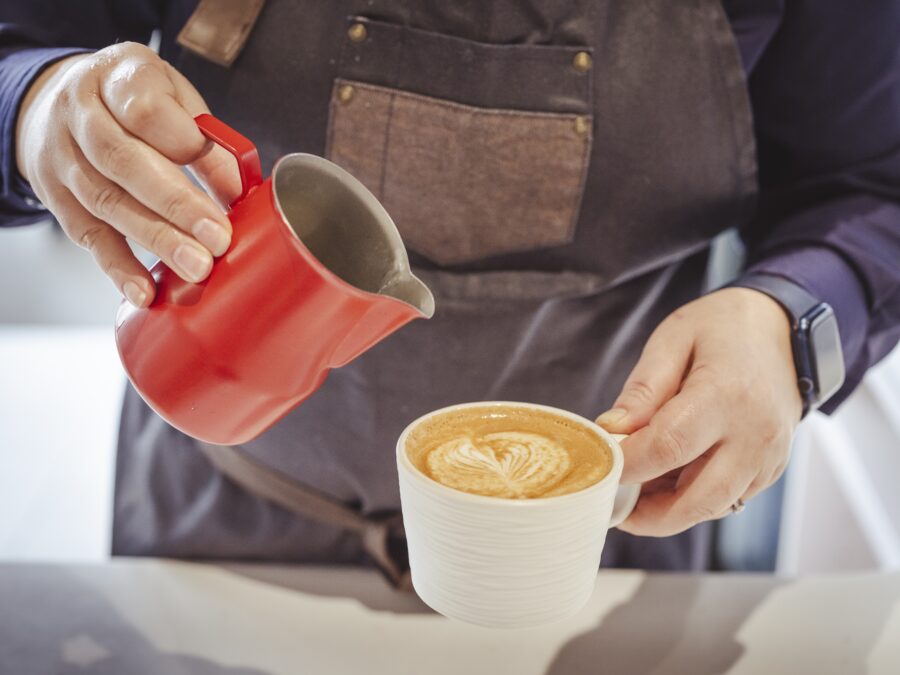Blogs
Caffeine and beyond: Smarter ways to stay energised

For many of us, the day doesn’t truly begin until that first sip of tea or coffee. Caffeine, the world’s most widely used stimulant, can give us a welcome boost when energy dips. But lean on it too heavily and it can backfire, leaving you with jitters, restless nights, or the dreaded afternoon crash.
The good news? There are science-backed strategies to sustain energy that don’t rely on caffeine alone.
The science on caffeine
Caffeine works by blocking adenosine, a chemical that signals tiredness to the brain. This makes us feel more alert and focused. In moderate amounts, it can sharpen concentration, lift mood, and even improve physical performance.
Common sources of caffeine
-
Tea (black or green)
-
Coffee (instant, espresso, filter)
-
Energy drinks and some fizzy drinks (like Coca-Cola)
-
Dark chocolate
How much is too much?
NHS guidance suggests no more than 400mg of caffeine per day for most adults, roughly 4–5 cups of tea or 3–4 cups of instant coffee. Exceeding this can disrupt sleep, increase anxiety, and raise levels of the stress hormone cortisol.
Timing matters too: Caffeine can stay in your system for 4–6 hours, so late-afternoon cups may cost you a good night’s rest.
Beyond caffeine: Other ways to support energy
Energy is not just about stimulants, it is about how your body manages and uses fuel. Nutrition, hydration, sleep, movement, and stress all play vital roles.
Balanced meals: Carbohydrates, protein, and healthy fats help maintain steady blood sugar. Example: Oats topped with Greek yoghurt, apple slices and peanut butter.
Stay hydrated: Even mild dehydration can cause fatigue, headaches, and poor concentration. Aim for 6–8 glasses of water daily.
Movement breaks: Short bursts of activity, like a brisk 10-minute walk, can energise you more effectively than another cup of coffee.
Prioritise sleep: Most adults need 7–9 hours of quality rest per night. Good sleep boosts memory, energy, and mood.
Manage stress: Mindful breaks, meditation, or 10 minutes away from your screen can protect energy and focus.
📌 Food for thought: A University of Surrey study found that just 10 minutes of mindfulness reduced stress and improved focus, helping participants feel more energised without stimulants.
Key takeaway
Caffeine can be a useful tool, but it is not the complete solution to low energy. By focusing on balanced nutrition, hydration, movement, quality sleep, and stress management, you can sustain steady, lasting energy without depending solely on tea or coffee.
True energy is about balance, not just the quick fix.





